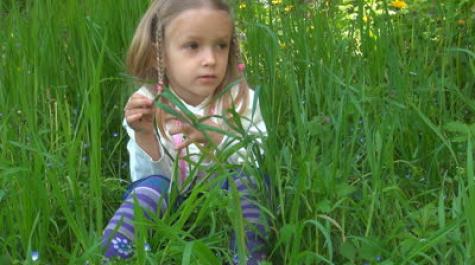A small study from the University of Illinois has found that children with ADHD were able to concentrate better after a 20-minute walk in a park rather than a walk through the city or local suburban streets.
“This particular study tells us that the physical environment matters,” according to Professor Frances E Kuo, one of the study’s co-authors and director of the university’s Landscape and Human Health Laboratory.
ADHD is a neurological disorder. Those with the condition can face serious consequences such as problems at school, in relationships, depression and substance abuse.
“Our study found that kids aged 5-18 years with ADHD who spent some quality after school hours and weekend times outdoors enjoying nature, there was a significant reduction in symptoms.
“We found this advantage was relevant to children regardless of where they lived,” said Professor Kuo.
She says the findings are potentially very exciting and could change a lot of lives.
“We’re on the trail of a potential treatment for a disorder that afflicts one in every 14 children. If exposure to ‘green time’ can help reduce symptoms of ADHD it could make a substantial difference to many people.”
Professor Kuo said medications for ADHD don’t work for all children.
“They also often have serious side effects on their appetite and capacity to sleep. Simply using nature may offer a way to help manage ADHD symptoms that is readily available, doesn’t have any stigma associated with it, doesn’t cost anything and doesn’t have any side effects,” Professor Kuo said.
“A ‘green dose’ could be a lifesaver for the 10% of children whose symptoms don’t respond to medication.”
The study involved just under 400 children and was based on parental reporting of children’s performance after a wide range of activities. Some activities were conducted inside, others in outdoor places without much greenery and others in relatively natural outdoor settings.
Professor Kuo and her co-author, Andrea Faber Taylor, found that ADHD symptoms were reduced most in green outdoor settings even when the same activities were compared across different settings.
“The findings are very consistent,” explained Professor Kuo. “In each of the 56 different activity comparisons, green outdoor activities received more positive ratings that other activities. This different was either ‘significant’ or ‘marginally significant’ in 96% of the situations.”
Professor Kuo said that the findings will be subject to formal clinical trials.
Professor Kuo and Dr Faber Taylor have been pursuing the ADHD as an extension of previous research on the connection with nature amongst the general population in mostly urban settings.


















__small.png)










